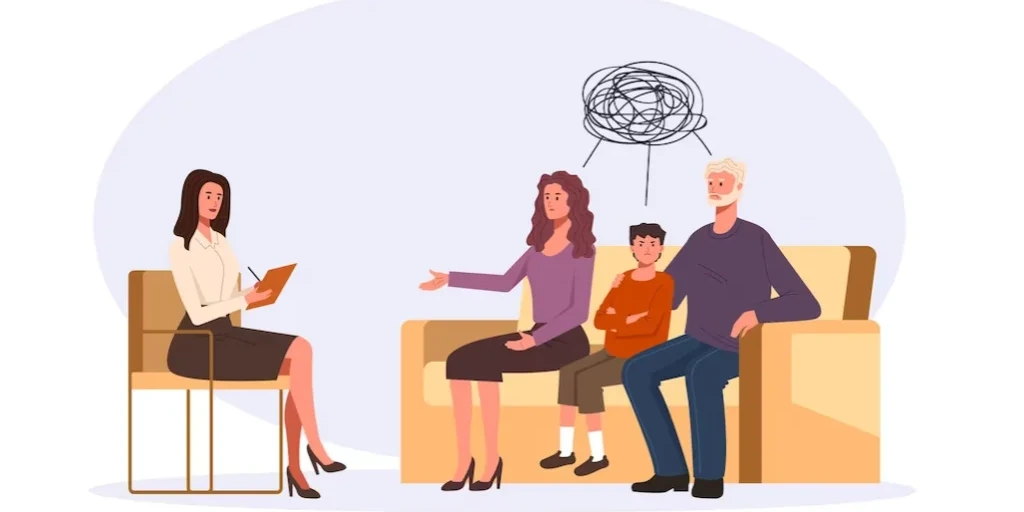24/7 Helpline:
(866) 899-111424/7 Helpline:
(866) 899-1114
Learn more about PTSD Treatment centers in Alcester
PTSD Treatment in Other Cities

Other Insurance Options

Excellus

EmblemHealth

Health Choice

UMR

Premera

Coventry Health Care

Ambetter

Access to Recovery (ATR) Voucher

UnitedHealth Group

Sutter

Evernorth

Magellan

Amerigroup

Absolute Total Care

CareSource

Horizon Healthcare Service

Anthem

BHS | Behavioral Health Systems

Kaiser Permanente

Sliding scale payment assistance


























































